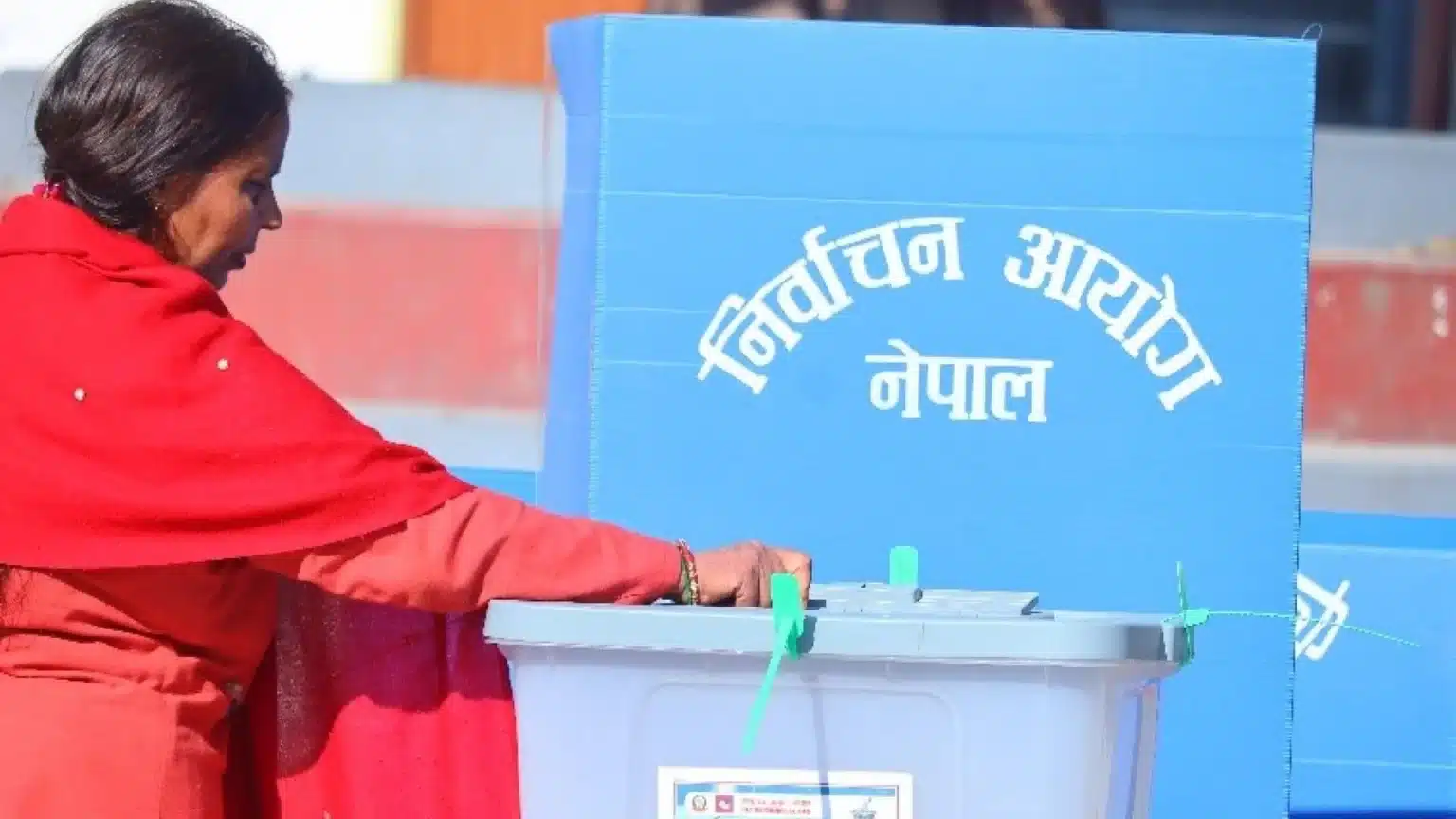Sher Bahadur Deuba, the prime minister of Nepal, and Pushpakamal Dahal Prachanda, the leader of the CPN-Maoist Centre, have agreed to create a new administration.

Sher Bahadur Deuba, the prime minister of Nepal, and Pushpakamal Dahal Prachanda, the leader of the CPN-Maoist Centre, met here on Saturday and decided to keep up their five-party coalition’s rule as part of a new majority administration for the nation.
Leading political parties have stepped up their attempts to establish a new government as the results of Nepal’s direct voting parliamentary elections near completion. This is in an effort to put an end to the political unrest that has afflicted the Alpine nation for more than ten years.
On Sunday, candidates ran for seven provincial assemblies as well as the Congress’s House of Representatives (HoR). On Monday, the voting count began.
According to party sources, Prime Minister Deuba and Chairman of the CPN-Maoist Centre Prachanda spoke at the Prime Minister’s house in Baluwatar, Kathmandu.
According to Ganesh Shah, a chairman of the CPN-Maoist Centre’s Standing Committee, the two leaders discussed recent political developments and potential scenarios for the formation of a new administration during the meeting.
He declared, self-confident that the five-party coalition will have the clout in parliament to create a majority administration, that “the two leaders have achieved an accord to maintain the present ruling alliance.”
Shah told PTI that the Upendra Yadav-led Janata Samajwadi Party would also join the Nepali Congress-led ruling coalition. “With the backing of both Madhesi groups, we could form a clear majority to create the government,” Shah added.

Prime Minister Deuba of the Nepali Congress, Prachanda of the CPN-Maoist, Madhav Nepal of the CPN-Unified Socialist, Mahantha Thakur of the Lokatantrik Samajwadi Party, and Chitra Bahadur of the Rashtriya Janamorcha are the leaders of the coalition.
The five-party coalition in power has so far won 82 seats, while the CPN-UML coalition, led by former president K P Oli, won 52 in a straight election.
The Nepali Senate alliance is apparently going to have enough seats just after the outcomes of the HoR elections, both under democratic and proportionality voting systems, to create the majority government.
As the ballots for the National parliament and provincial legislatures continue to be counted, Indian Ambassador to Nepalese Naveen Srivastava is engaging with Nepal’s key political figures.
According to sources familiar to the Nepali Party and the Maoist Centre, Ambassador Srivastava met both Party Leader Deuba with Prachanda both Friday and Saturday.
110 of the 275 members of the House of Representatives will be chosen via a proportional electoral system, while 165 will be chosen by direct vote. For a definite majority, a coalition or party needs 138 seats.

At the end of the handful of years of Maoist insurgency, political instability has frequently been a feature of Nepal’s Parliament, and no prime minister has held office for a full term since the end of the civil war in 2006.
The country’s sluggish economic growth has been attributed to frequent upheavals and party warfare.
The two main political alliances running for office are indeed the Co-simulation leftist as well as pro-Hindu, pro-monarchy coalition and the democratic, leftist alliance led by the Nepali Congress, which is now in power.
The future administration will have to balance maintaining a stable political system, revitalizing the tourism sector, and maintaining good relations with China and India, the country’s neighbors.
Read More: The slab of the foot-over bridge collapsed at Maharashtra Railway Station, 4 Injured












